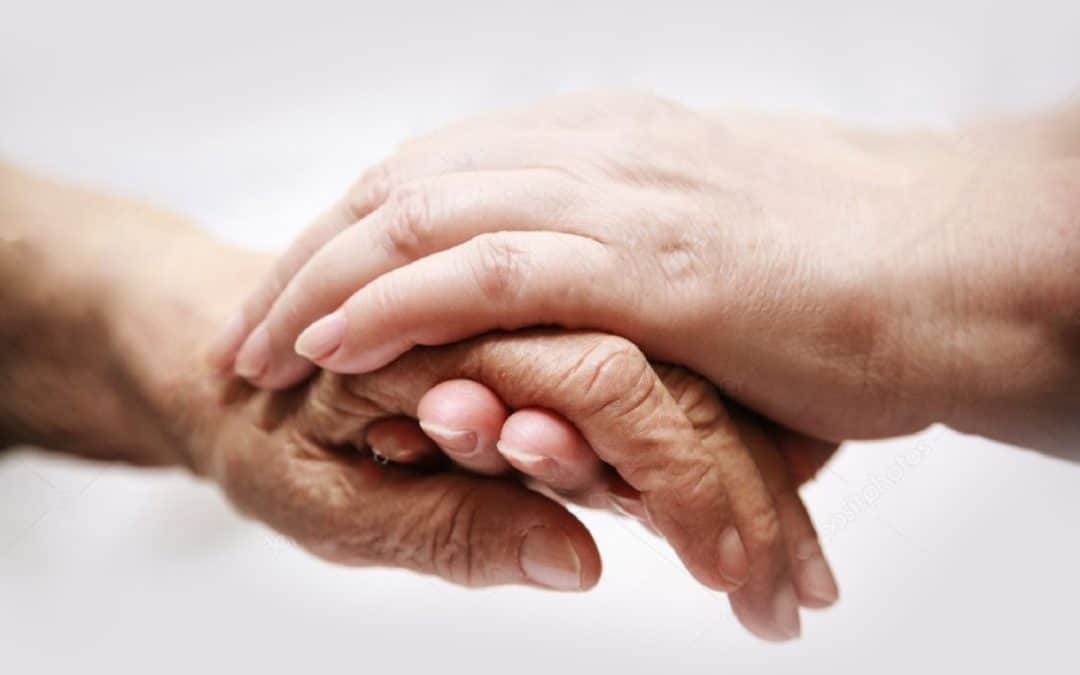You are a ‘caregiver’.You may not think of yourself as a caregiver. You may see what you’re doing as something natural – taking care of someone you love.
There are different types of caregivers. Some are family members, while others are friends. Every situation is different. So there are different ways to give care. There isn’t one way that works best.
Caregiving can mean helping with day-to-day activities, such as doctor visits, preparing food, personal care. Caregiving can also mean giving emotional and spiritual support. You may be helping your loved one cope and work through the many feelings that come up at this time of illness. Talking, listening and just being there are some of the most important things you can do.
Caregivers are the foundation of healthcare systems, supporting treatment and protocols in an inpatient and outpatient set up.
Across the globe women caregivers exceed men care givers as they are inborn and natural caregivers. Caregivers undergo lot of changes in their quality of life during the treatment of their loved one.
Caregivers report mood swings, anxiety, depression due to the illness of their loved one and they have to cope up to be there to help them.
Caregiving doesn’t come with a prescribed manual. Whether you are young or older, you may find yourself in a new role as a caregiver. You may have played an active part in someone’s life before cancer and now the way you support may be different. You may not have been a caregiver before but may caregivers say they have learnt a lot in the process of caregiving through their loved one’s treatment of cancer.
Whatever the role, accepting the changes may be tough on the mind and the body. Mentally you have to be strong to help the loved one to quickly recover, physically you have to be healthy to help the loved one stand on their feet. How you handle yourself says a lot as a caregiver.
Caregivers help patients feel supported even when their doctors aren’t present. They can also serve as patient advocates, helping them voice their worries and concerns in an organized manner.
Caregivers need to have good communication skills and interpersonal skills; a lot of patience and stamina; knowledge of health-care terms, medical conditions, and medications, because they often need to work through family situations, crises, and life-threatening events related to their patients care. With all these qualities and abilities, the caregiver can research and find out which hospital offers the best treatment and the doctors attached to that hospital. They play a major role in selecting the best for their loved ones. Once the trust is instilled, the caregiver can be rest assured that the treatment will be meted with utmost care and professional touch.
Anxiety about the loved ones illness puts a question mark in the mind of the caregivers. Lot of questions keep coming to the mind of the caregiver with respect to the care to be given and the well-being of the patient.
Anxiety is a normal and healthy emotion. Anxiety is defined as “an emotion characterized by feelings of tension, worried thoughts and physical changes like increased blood pressure.”
When a caregiver is going through anxiety, stress also adds on. Stress and anxiety are two sides of the same coin. When stressed, the thought process also alters and the correct decision cant be taken.
Caregiving is an understandably stressful experience. At times you may feel like everything is on your shoulders or that no matter what you do, it’s not enough. This may lead to: • Feeling exhausted all the time • Getting sick more often than usual • Not sleeping enough • Feeling impatient, irritated, or forgetful • Not enjoying things you used to • Withdrawing from people.
Stress engulfs a caregiver whether they will be able to take care of themselves and the patient as well, as they have taken up the role of a caregiver only recently and they don’t have enough knowledge about the same.
Stress combined with anxiety also leads to depression. Depression because the thought of the loved one being diagnosed with cancer. Once depression seeps in, it is difficult for the caregiver to move up and about. So in order to avoid all this the caregiver has to keep himself and herself occupied when the patient is resting during the day.
Coping with feelings:- A range of feelings come to the forefront as you care for your loved ones. They may come and go as you go through the treatment process along with the patient. You may feel sad, afraid, angry, worried. These feelings come and go and you have to cope up with in through the course of treatment.
Anger, grief, guilt, hopelessness and loneliness becomes a part of you when you start your new role as a caregiver. Many caregivers feel angry with themselves, family members or the patient. Anger comes from the feelings that they are not able to express or tell such fear, panic or worry. If you are able to handle it the right way its beneficial. Never let anger take over your thoughts and feelings.
A caregiver has to learn and understand the process involved in caregiving. They have to put themselves after the patient. Enough knowledge about the medications, diet restrictions, doctors visit and medications to be administered should be known. The caregiver should be counselled so that they are confident and have made up their mind regarding the illness of their loved ones and are prepared to help the patient on the road to recovery. The road to recovery lies in the hand of the caregivers and the patient equally.
How to get over the feelings of stress, anxiety and depression?
Take stock of your own feelings:
A caregiver should be able to take care of their own feels. Talk to your friends and family members so that you can ease the stress that’s on your mind.
Set boundaries: Set boundaries for yourself and the patient. This may mean asking for a break in between your caregiving schedule. Ask someone to take over and you can take a break. Learn to say ’no’ when you don’t have the energy to do the task.
Ask for help: Make a list of people whom your loved one trusts and ask them for help. Many relatives may want to help but may not be sure if you would like it.
Make time for yourself and other relationship: Doing something you enjoy gives the much needed break. Spend time with other people who are important to you, to have a healthy well-being.
Being healthy: Taking care of your body is important to make sure that you are able to provide the best possible care for your loved one. This means eating healthy foods and staying hydrated.
Get enough sleep: Caregivers often have trouble sleeping. You may be getting up during the night to help your loved one. You may be staying up late to get things done. Or, your thoughts and emotions may keep you awake. Feeling rested will help you stay at your best.
Helping caregivers at MIO:
Caregivers are already stressed when they know about the illness. Lot of queries, questions, thoughts come to the mind at the same time and they draw a blank when it comes to taking care of the ill family members. Stress steps in and the confidence takes a roller coaster ride.
We at MIO handle the stress experienced by the caregivers in a very compassionate and professional way. Our counsellors speak to the patients and the caregivers and explain to them the treatment plan, and how they can help the patient in building their confidence. They help them psychologically and make them mentally prepared to take care of their family members through the course of the treatment. When both patients and caregivers are involved in their care, the results are better. Our nursing staff are always there to help them whenever needed as they are the primary caregivers after the doctors. The nursing staff always extend a helping hand when the caregiver wants to take a break or rest a while.
“Its more than just a job. Sometimes the loved ones just need a touch on the hand, a touch on the shoulder, a smile, to just let them know that you are there for them”

